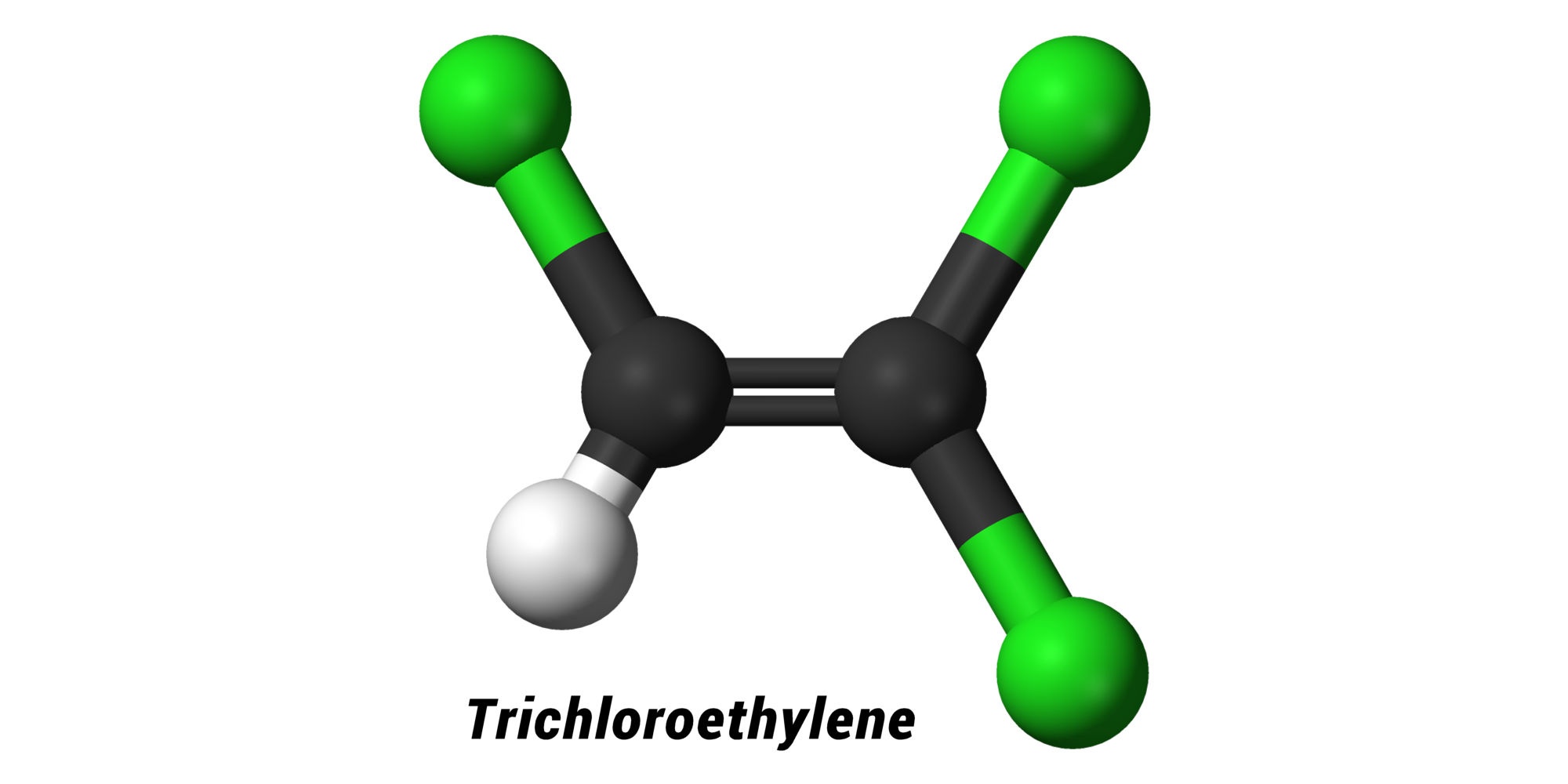Trichloroethylene (TCE) is a volatile organic compound widely used in industrial and commercial processes and has some limited uses in consumer and commercial products. EPA identified significant health risks associated with TCE use in aerosol degreasing and for spot cleaning in dry cleaning facilities. EPA has preliminarily determined that these risks are unreasonable risks. To address these unreasonable risks, EPA is proposing under section 6 of the Toxic Substances Control Act (TSCA) to prohibit the manufacture, processing, and distribution in commerce of TCE for use in aerosol degreasing and for use in spot cleaning in dry cleaning facilities; to prohibit commercial use of TCE for aerosol degreasing and for spot cleaning in dry cleaning facilities; to require manufacturers, processors, and distributors, except for retailers of TCE for any use, to provide downstream notification of these prohibitions throughout the supply chain; and to require limited recordkeeping.
Under section 6(a) of TSCA, if EPA determines after risk evaluation that a chemical substance presents an unreasonable risk of injury to health or the environment, EPA must by rule apply one or more requirements to the extent necessary so that the chemical substance or mixture no longer presents such risk. Section 6(b)(4) specifies that risk evaluations must be conducted without consideration of costs or other non-risk factors, including an unreasonable risk to a potentially exposed or susceptible subpopulation identified as relevant to the risk evaluation, under the conditions of use.
EPA must also consider, to the extent practicable, whether technically and economically feasible alternatives that benefit health or the environment will be reasonably available as a substitute when the proposed prohibition or other restriction takes effect.
EPA’s analysis of worker and consumer populations’ exposures to TCE also preliminarily indicates that the use of TCE in vapor degreasing presents an unreasonable risk of injury to health. EPA intends to issue a separate proposed rule for TCE use in vapor degreasing.
Based on EPA’s analysis of worker and consumer populations’ exposures to TCE, EPA has preliminarily determined that the use of TCE in aerosol degreasing and as a spot cleaner in dry cleaning facilities presents an unreasonable risk to human health. More specifically, these uses result in significant non-cancer risks (acute and chronic exposure scenarios) and cancer risks. These adverse health effects include developmental toxicity (e.g., cardiac malformations, developmental immunotoxicity, developmental neurotoxicity, fetal death), toxicity to the kidney (kidney damage and kidney cancer), immunotoxicity (such as systemic autoimmune diseases, e.g., scleroderma, and severe hypersensitivity skin disorder), non-Hodgkin’s lymphoma, reproductive and endocrine effects (e.g., decreased libido and potency), neurotoxicity (e.g., trigeminal neuralgia), and toxicity to the liver (impaired functioning and liver cancer). TCE may cause fetal cardiac malformations that begin in utero. In addition, fetal death, possibly resulting from cardiac malformation, can be caused by exposure to TCE. Cardiac malformations can be irreversible and impact a person’s health for a lifetime. In utero exposure to TCE may cause other effects, such as damage to the developing immune system, which manifest later in adult life and can have long-lasting health impacts. Certain effects that follow adult exposures, such as kidney and liver cancer, may develop many years after initial exposure.
Individuals, including workers, consumers and the general population, are exposed to TCE from industrial/commercial, consumer, and environmental sources, in different settings such as homes and workplaces, and through multiple exposure pathways (air, water, soil) and routes (inhalation, ingestion, dermal).
The TCE risk assessment identified acute non-cancer risks (i.e., developmental effects) for most occupational and consumer exposure scenarios, including commercial vapor degreasing, spot cleaning, and consumer aerosol degreasing exposure scenarios. For chronic non-cancer risks there is a range of human health effects in both the occupational vapor degreasing and spot cleaning exposure scenarios with the greatest concern for developmental effects (i.e., fetal cardiac defects), as well as kidney effects and immunotoxicity. In addition, there are chronic non-cancer risks for adverse reproductive effects, neurotoxicity, and liver toxicity.
The TCE risk assessment estimated acute non-cancer risks for consumers and residential bystanders from the use of TCE-containing aerosol degreasers and spray-applied protective coatings. The TCE risk assessment also estimated chronic non-cancer risk for workers and occupational bystanders for uses including spot cleaning in dry cleaning facilities. These include developmental toxicity, toxicity to the kidney, immunotoxicity, reproductive and endocrine effects, neurotoxicity, and toxicity to the liver.
There are also cancer risks for persons occupationally exposed to TCE when using TCE-containing spot cleaners in dry cleaning facilities. For users of TCE-containing spot cleaning products, these cancer risks are 1.35 × 10 −2 for spot cleaning. In the supplemental analysis following the TCE risk assessment, EPA also identified acute and chronic non-cancer and cancer risks for the commercial aerosol degreasing use scenario for workers and occupational bystanders using aerosol degreasers.
Because the TCE risk assessment concentrated on consumer use of aerosol degreasers and because the aerosol degreaser products available to consumers are also available to commercial users, following release of the TCE risk assessment, EPA analyzed the risk to workers and occupational bystanders from commercial use of TCE-containing aerosol degreasers and identified short-term and long-term non-cancer and cancer risks for the commercial aerosol degreasing use scenario.
This new rule would prohibit (1) the manufacture, processing, distribution in commerce, and commercial use of TCE in aerosol degreasers; and (2) the manufacture, processing, distribution in commerce, and use of TCE for spot cleaning in dry cleaning facilities.
EPA is proposing a requirement for downstream notification by manufacturers, processors, and distributors of TCE for any use to ensure compliance with the prohibition on manufacture, processing, distribution in commerce, and commercial use of TCE for spot cleaning in dry cleaning facilities and in aerosol degreasers. Downstream notification is necessary for effective enforcement of the rule because it provides a record, in writing, of notification on use restrictions throughout the supply chain, likely via modifications to the Safety Data Sheet. Downstream notification also increases awareness of restrictions on the use of TCE for spot cleaning in dry cleaning facilities and in aerosol degreasers, which is likely to decrease unintentional uses of TCE by these entities.
© 2017 Matthew Garamone
Send questions and comments to matt@todaysenvironmentalist.com








